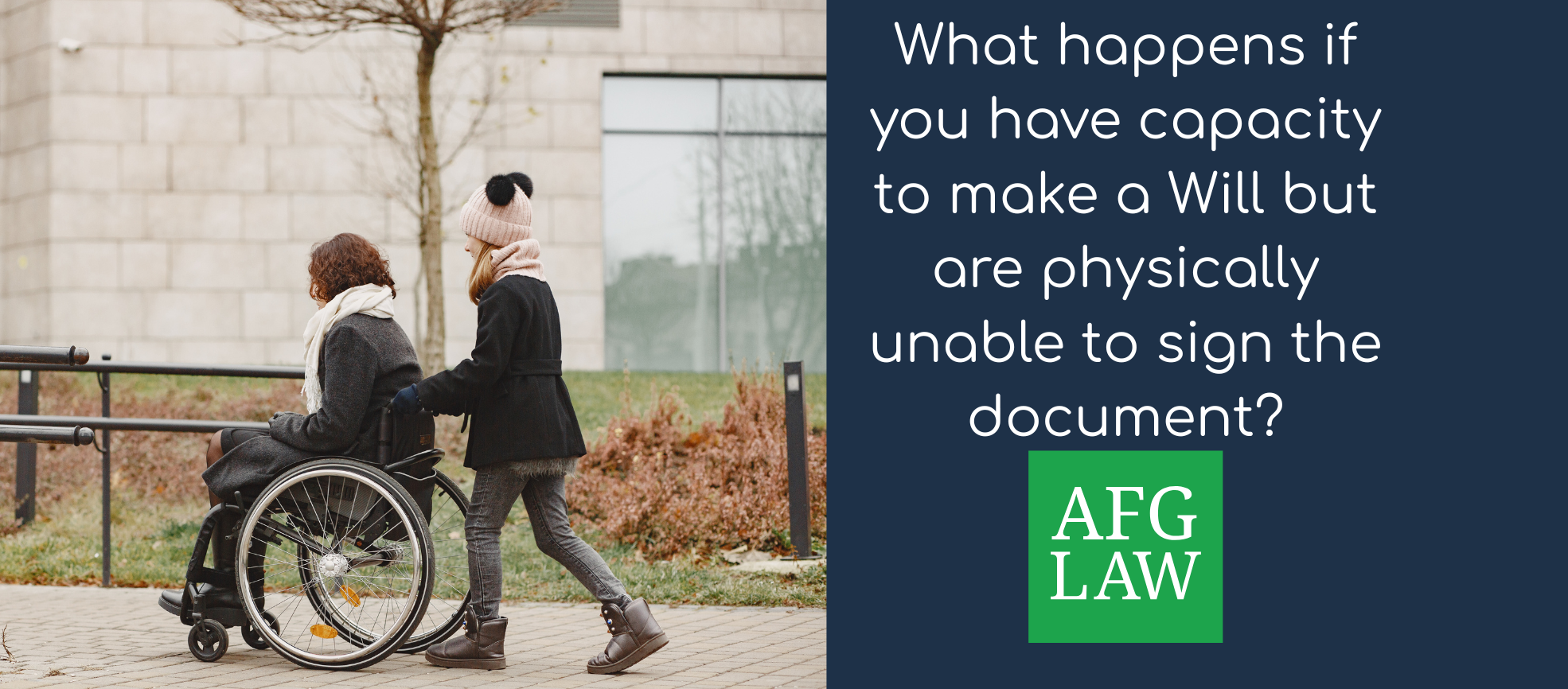What Is Remortgaging, and When Should You Consider It?
Remortgaging is the process of switching from your current mortgage deal to a new deal. This can be with the same lender or a different provider. To remortgage, you will need to pay off your existing mortgage and replace it with a new one.
When remortgaging, clients can pick a new mortgage that suits them. They may benefit from different terms, interest rates and repayment structures.
Unlike purchasing a property, remortgaging does not involve moving home; its purpose is to secure better financial terms based on your circumstances.
The typical reasons you might need to remortgage your home include:
- Securing a Better Interest Rate – If you took out a mortgage at a higher interest rate, switching to a new deal could save you money by reducing monthly payments. Many homeowners remortgage when their fixed-rate period ends to avoid moving onto their lender’s standard variable rate (SVR), which is usually higher.
- Releasing Equity from Your Property – If your home’s value has increased since you took out your mortgage, you may be able to borrow against that increased equity.
- Debt Consolidation – If you have multiple debts, such as personal loans or credit cards with high interest rates, remortgaging could allow you to consolidate them into a single monthly mortgage payment, potentially at a lower interest rate.
- Changing Your Mortgage Type – Homeowners sometimes switch from an interest-only mortgage to a repayment mortgage or vice versa, depending on their financial goals.
- Adjusting Your Loan Term – Remortgaging can allow you to shorten your mortgage term to pay it off faster or extend it to reduce monthly repayments.
Remortgaging can be a smart financial decision for many people, but it’s important to consider factors such as early repayment charges, market interest rates, and your current financial situation before proceeding.
Our residential conveyancing team at AFG Law have many years of experience in the remortgaging process. Although remortgaging is less complex than applying for your original mortgage, it is still highly recommended to utilise a remortgaging solicitor to ensure everything is completed correctly.
We aim to make the remortgaging conveyancing process as stress-free as possible. Please do not hesitate to get in touch with our team today to find out more.
The Remortgaging Process: Step by Step
Wondering what the remortgaging process looks like? Remortgaging typically encompasses several steps, and working with a specialist remortgaging solicitor can ensure the process is completed smoothly and legally.
Research and Choose a New Mortgage Deal
Before the legal process of remortgaging, you will need to decide on the new mortgage deal that you want to proceed with. Mortgage advisors can help you compare the available options on the market.
Apply for the New Mortgage
When you have chosen the most suitable mortgage deal for your circumstances, then you can apply directly to the lender; they likely will carry out their own affordability checks to assess your credit history. In some cases, new mortgage lenders may also need to carry out a new valuation of your property to confirm its market value. When all their checks are completed they will provide you with a formal mortgage offer.
Instruct a Remortgage Solicitor
When remortgaging with a new lender you will need the assistance of a remortgage solicitor to oversee the legalities. A solicitor will verify property deeds, check for charges against the property and liaise with your current and new mortgage lenders.
Legal Checks and Searches
Your remortgage solicitor will carry out necessary checks, which may include:
- Title Deed Review – Ensuring you have legal ownership of the property.
- Mortgage Offer Review – Checking the terms of the new mortgage to ensure there are no hidden risks.
- Property Searches (If Required) – In some cases, the new lender may request additional searches, such as local authority or environmental checks.
Mortgage Redemption Statement
Your solicitor will obtain a redemption statement from your current lender, which details the remaining mortgage balance, any early repayment charges, and the final amount needed to clear the loan.
Signing the New Mortgage Deed
Once all checks are complete, your solicitor will provide you with a mortgage deed to sign, confirming your agreement to the new mortgage terms.
Completion and Registration with the Land Registry
On the agreed completion date, the new mortgage funds are transferred, your previous mortgage is paid off, and the new lender is registered with the Land Registry. Your solicitor will ensure all necessary paperwork is completed and notify you once the process is finalised.
How Long Does Remortgaging Take?
The remortgaging process typically takes 6 to 8 weeks, but this can vary depending on various factors. Our solicitors at AFG Law work hard to ensure the remortgaging process is completed as soon as possible.
The Role of a Remortgage Solicitor
Utilising an experienced remortgage solicitor can assist greatly in ensuring the process goes smoothly. Some of the main aspects a solicitor can help with include:
- Verify Property Ownership – Check title deeds to confirm legal ownership and identify any issues.
- Conduct Legal Checks – Carry out necessary searches (e.g., bankruptcy, local authority, title checks) if required by the lender.
- Review the New Mortgage Offer – Ensure the terms are fair, clear, and legally sound.
- Obtain a Redemption Statement – Request details of the outstanding balance on your current mortgage.
- Handle Mortgage Repayment – Use new mortgage funds to pay off the existing mortgage and settle any fees.
- Coordinate with Lenders – Liaise with both the old and new lenders to ensure a smooth transition.
- Register the New Mortgage – Update the Land Registry to reflect the new lender’s charge on the property.
- Provide Legal Advice – Explain the legal implications, identify potential risks, and guide you through the process.
When remortgaging, you can either take a new mortgage deal out from your current lender or you can switch lenders completely. It is important to note that if you are staying with your current lender then you generally will not need to instruct the help of a remortgaging solicitor as your switch will be considered a product transfer that won’t require any legal work.
However, if you are remortgaging and switching to a new lender, then you will need to instruct a remortgage conveyancing solicitor. Our solicitors can carry out the relevant checks needed for your new mortgage lender and oversee that your new mortgage is registered against your property on the Land Registry.
Costs and Fees Involved in Remortgaging
The costs involved with remortgaging can vary, but our Residential Property team at AFG Law offer competitive and transparent pricing to ensure a smooth process.
Our conveyancing fees cover all of the essential legal work required, including verifying your property ownership and handling the transfer of funds. We provide our services on a fixed fee basis, meaning there are no hidden legal costs as the process progresses.
If required, separate search fees may be applicable for any additional property checks your new lender may request.
For more information on our legal fees or our remortgaging legal services, please do not hesitate to get in touch with our residential property team today.
How AFG Law Can Assist
AFG Law has a team of specialist remortgage solicitors and conveyancers to assist clients with selling their property. If you are looking to switch mortgage lenders, then our team are here to help you.
We can effectively assist clients throughout England and Wales, so please do not hesitate to get in touch with us today.
Contact us at residentialproperty@afglaw.co.uk and 01204 920101.
Our residential property team can also assist with other areas of residential property, including selling a property, transfer of equity and equity release.

















